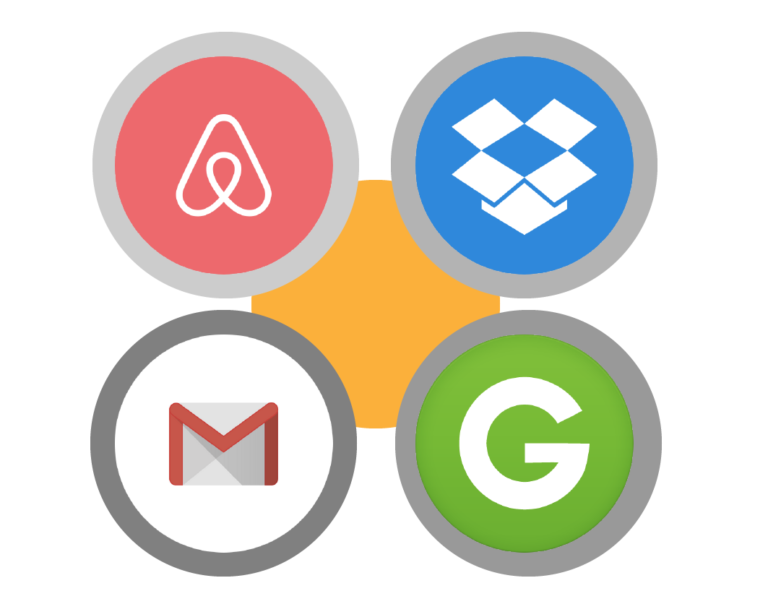Growth Hacking: Who's Benefited?


Michael Witte
Growth Scientist
“We know you feel like companies have done it all and consumers have seen it all when it comes to the type of content they share to the public. But we can all stand out by adding our own touches to content. Thats why we came up with a few simple ways to help you become a ‘Content Hacker’ in order to secure more views and more tractions in whatever product or service you are selling. We’ve come up with 3 simple steps for content hacking to save you time, money and help secure your current and potential consumers.“
AirBnb
One of the most well-known instances of growth hacking comes from AirBnB. AirBnB is an online rental marketplace where users can find lodging and homestays anywhere across the world. Early within the company’s lifespan, AirBnB was in desperate need to expand their user base. The employees noticed at the time that many Craigslist users were in need of lodging options, so they used growth hacking to take advantage of the situation. AirBnB then implemented an option for people to copy their listing to Craigslist. This expanded their amount of potential users immensely and ultimately helped increase the size of the company.
Dropbox
The file hosting service Dropbox also helped grow their business through growth hacking. For instance, by linking a user’s dropbox account to their Twitter and Facebook accounts, users would be offered free storage. This helped increase overall awareness of the company through various social media services. Another helpful tactic used by Dropbox is the incentivization of task completion. By rewarding users for utilizing different company services, Dropbox encouraged users to stay with them and keep returning.
Gmail
In the early implementation of Gmail, Google employed exclusivity in order to quickly broaden their number of users. The company established an invite-only system for the email service upon its launch. This attracted many users across the internet purely from being a part of something that others were not. Gmail is now open for everyone to join freely, but this tactic was great for initial acquisition. Also, Gmail provided functions that many other online mail providers did not at the time, such as optimized search capabilities and email management.
Groupon
The well-known e-commerce marketplace Groupon also employed exclusivity to grow their company. In a successful attempt to gain more users, the company put a timed expiration on certain deals they offered to keep people engaged. They also created deals that were only available to users if enough people shared them. This technique helped directly expand Groupon’s user base through customer-driven marketing, which ultimately required little to no effort on the developer’s end.
Certain speculators might be wary of the new ideas presented through growth hacking. But one can clearly see that from adopting a growth-hacking mindset, the possibilities for expansion are broad. To embrace the new is to embrace innovation and learning as a whole. If your company or project is in need of serious growth, try thinking more like a growth hacker!

